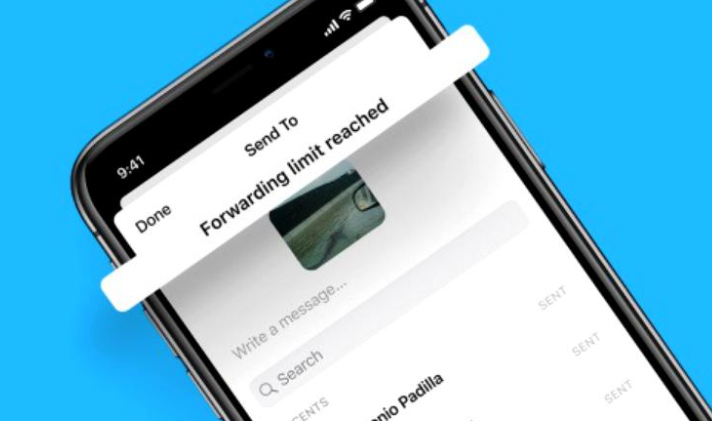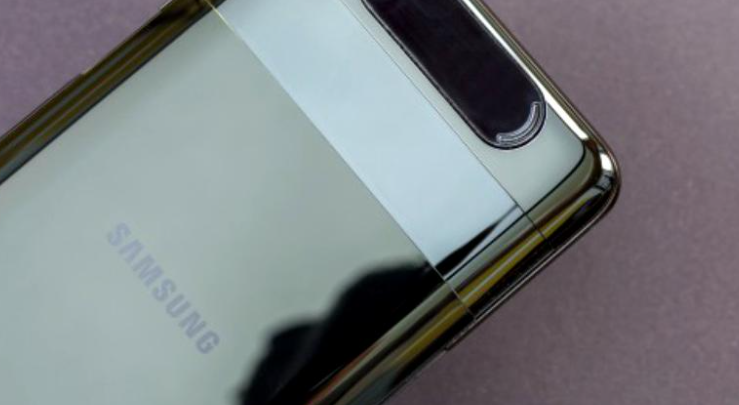
A few months ago, shortly after the start of the COVID-19 pandemic, Facebook announced that it was trying to limit misinformation via WhatsApp. Thus, certain links that began to go viral on the platform could be limited from distribution to a maximum of five people or groups in the list. The same thing is happening now on Facebook Messenger, whose “forward” functions are now limited, but it seems to be a complete limitation, not just for fake news.
Facebook Messenger adopts the same anti-fake news method from WhatsApp
Basically, once this limitation takes effect, you will no longer be able to send forward links to more than five people or groups in Facebook Messenger on any platform. Thus, the company hopes that the misinformation on Facebook will decrease, as it decreased in the case of WhatsApp. In fact, the results speak for themselves, as the company revealed that after the establishment of this function, the messages transmitted in this way decreased by 70%.
Not only is the COVID-19 pandemic the reason Facebook is trying to limit misinformation, however. The social network is starting to face similar problems again, especially in the case of political messages, as the US presidential election approaches in November. Several Donald Trump campaign accounts have already been sanctioned for fake messages or malicious advertisements.
However, other measures he has been taking recently regarding political advertising are linked to these advertisements. Apparently, Facebook will stop approving new election ads a week before the election. The company hopes to prevent more aggressive messages that politicians and their supporters could publish at the last minute.
However, this limitation will be problematic for those who did not spread fake news but wanted to send several messages simultaneously to friends. They will have to send them manually for each one, as regular messages are not limited in this way.





